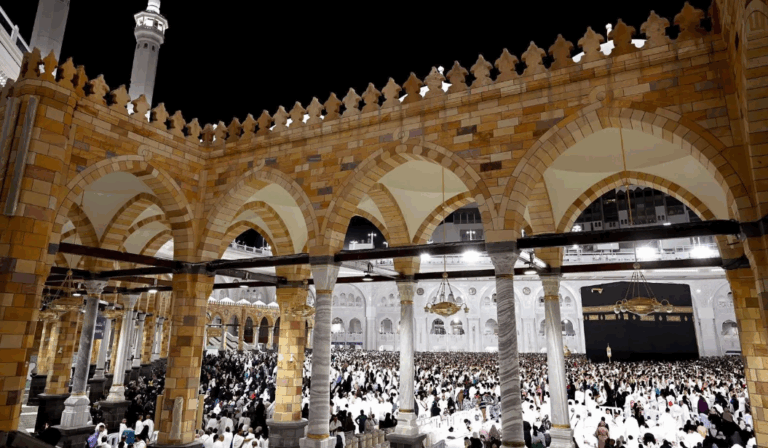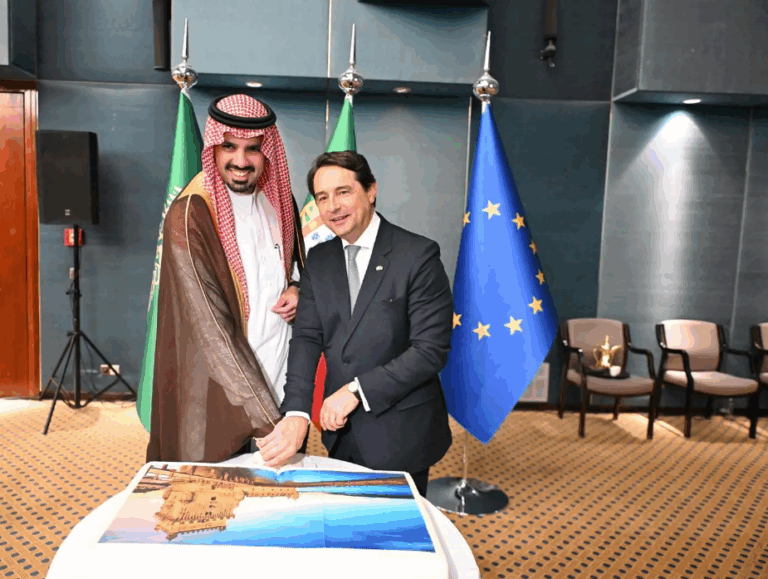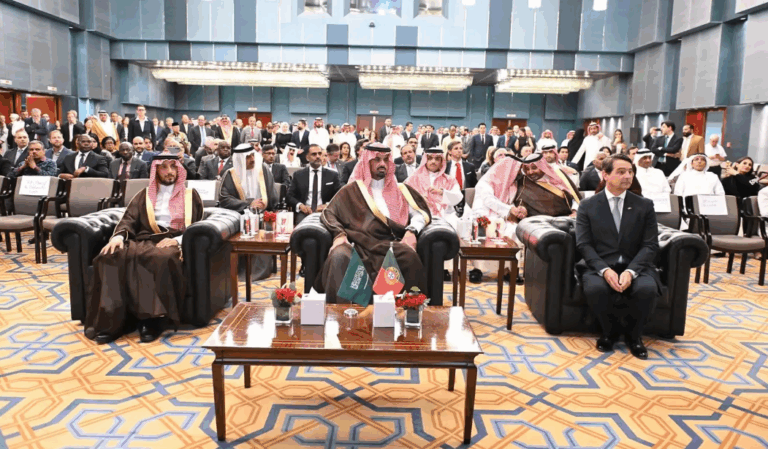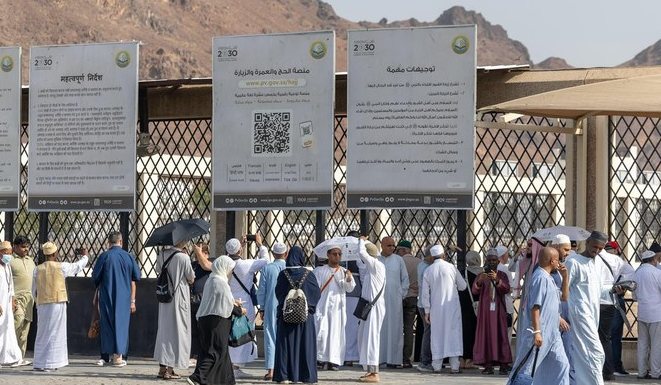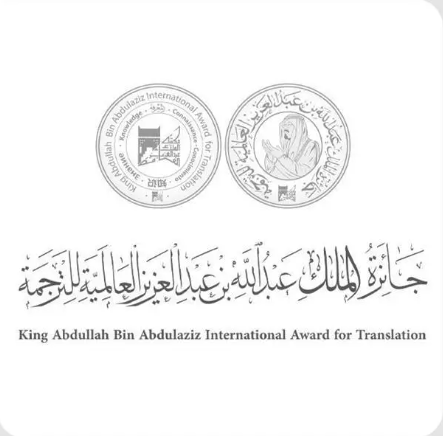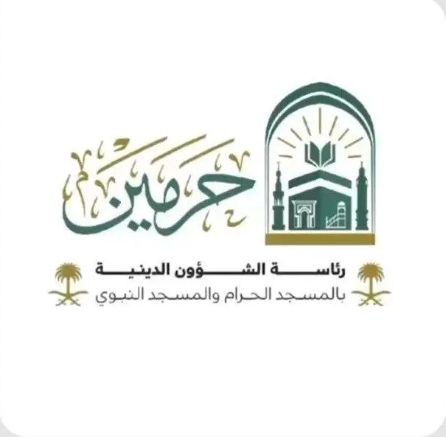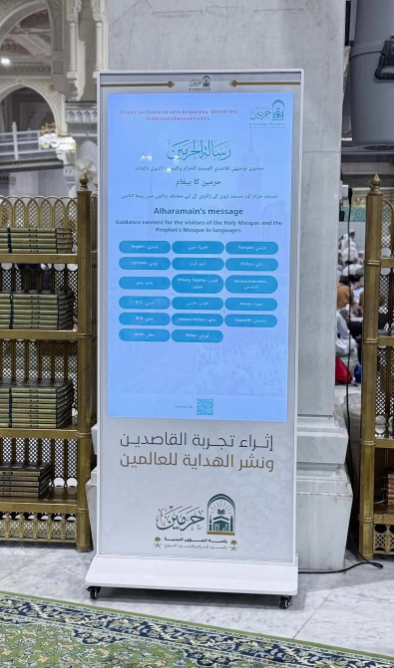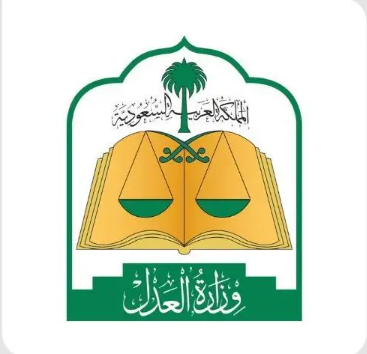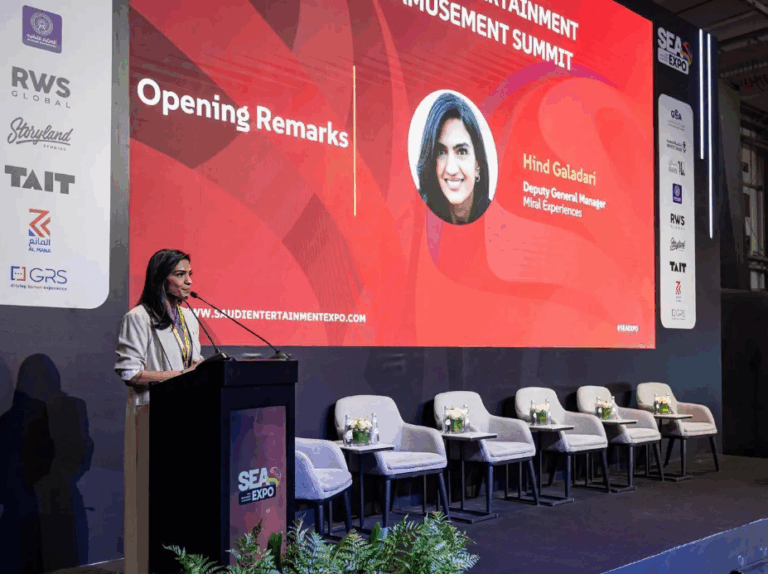**Headline:**
Rabat Named 2026 World Book Capital
**Intro:**
UNESCO designated Rabat, Morocco, as the 2026 World Book Capital on October 23, 2024, applauding its thriving literary culture and 54 publishing houses. The city, host to Africa’s third-largest book fair, will launch global literacy initiatives and celebrations starting April 23, 2026, aligning with World Book Day.
**Factbox (50 words):**
– **Announced:** October 23, 2024
– **Celebrations Begin:** April 23, 2026 (World Book Day)
– **Key Features:** 54 publishers, Africa’s third-largest book fair
– **Initiatives:** Literacy programs, publishing support, international events
– **Goal:** Boost reading access, cultural dialogue, and literary exchange globally.
**Rabat, Morocco, Named UNESCO World Book Capital 2026: A Celebration of Literature and Culture**
**UNESCO Honors Rabat’s Literary Legacy**
On October 23, 2024, UNESCO announced Rabat, Morocco, as the **World Book Capital for 2026**, recognizing the city’s exceptional commitment to advancing literary culture and accessibility. This prestigious title, endorsed by the World Book Capital Advisory Committee, highlights Rabat’s role as a beacon of literary innovation in the Arab world and Africa. The designation underscores the city’s dynamic publishing industry, robust literacy initiatives, and dedication to fostering global dialogue through books.
**Why Rabat? Key Factors Behind the Selection**
Rabat’s selection stems from its **54 thriving publishing houses**, which produce diverse works ranging from contemporary fiction to scholarly texts, enriching Morocco’s literary landscape. The city also hosts **Africa’s third-largest international book fair**, a pivotal event that attracts authors, publishers, and readers worldwide, fostering cross-cultural exchange. UNESCO lauded Rabat’s proactive strategies to democratize access to literature, including investments in public libraries, digital resources, and community-driven reading programs tailored for all ages and backgrounds.
**Rabat’s Vision for 2026: Bridging Communities Through Books**
As World Book Capital, Rabat aims to launch transformative initiatives, such as:
– **Expanding access to books** in underserved neighborhoods through mobile libraries and free distribution campaigns.
– **Empowering local publishers** via grants, training, and partnerships to amplify Moroccan voices globally.
– **Boosting literacy rates** with targeted programs for children, women, and rural communities, integrating technology to reach wider audiences.
These efforts align with UNESCO’s mission to leverage literature as a tool for social development, ensuring Rabat’s impact resonates both locally and internationally.
**Celebrations Kick Off on World Book Day 2026**
The festivities will commence on **April 23, 2026**, coinciding with **World Book and Copyright Day**. Highlights include:
– A grand opening ceremony featuring renowned authors and cultural leaders.
– The **Rabat International Book Fair**, expanded to showcase African and Arab literary talent.
– **“Reading Marathons”** in public spaces, encouraging community participation.
– Workshops and masterclasses led by global literary figures to inspire emerging writers.
– Educational campaigns promoting copyright awareness and the value of creative industries.
**A Catalyst for Cultural Diplomacy**
Rabat’s designation celebrates Morocco’s **rich literary heritage**, from ancient manuscript traditions to modern Arabic and Francophone works. By 2026, the city aims to solidify its status as a hub for intercultural dialogue, bridging continents through storytelling. This title not only elevates Rabat’s global profile but also reinforces the transformative power of books in fostering empathy, creativity, and lifelong learning.
**Looking Ahead: A Legacy of Literacy**
As Rabat prepares for its year-long celebration, the world anticipates a vibrant fusion of events that will ignite passion for reading across generations. This accolade positions Morocco at the forefront of the global literary stage, proving that books remain a timeless force for unity and progress. Stay tuned for updates as Rabat writes its next chapter as the **World Book Capital 2026**.
*Follow our blog for exclusive interviews with Moroccan authors, event highlights, and insights into how Rabat is shaping the future of literature!*
—
**Keywords**: UNESCO World Book Capital 2026, Rabat literary scene, Morocco book fair, literacy initiatives, cultural heritage, World Book Day.
**Hashtags**: #Rabat2026 #WorldBookCapital #LiteracyForAll #MoroccoCulture #UNESCO
**FAQs: Rabat as UNESCO World Book Capital 2026**
1. **Q: Why was Rabat selected as the UNESCO World Book Capital for 2026?**
A: Rabat earned the title due to its commitment to promoting literature, including its 54 publishing houses, Africa’s third-largest book fair, and initiatives to boost reading culture, as endorsed by UNESCO’s advisory committee.
2. **Q: What specific initiatives will Rabat launch during its World Book Capital year?**
A: Rabat plans to enhance book accessibility, expand literacy programs for all ages, support local publishers, and host global events like author workshops, reading campaigns, and educational seminars to foster literary engagement.
3. **Q: How significant is Rabat’s international book fair in the African context?**
A: Ranked as Africa’s third-largest, the fair serves as a critical platform for connecting writers, publishers, and readers, showcasing Rabat’s leadership in advancing pan-African and global literary collaboration.
4. **Q: Why do celebrations begin on April 23, 2026?**
A: The date coincides with World Book and Copyright Day, symbolizing UNESCO’s mission to celebrate literature’s role in cultural exchange and to honor authors, publishers, and readers worldwide.
5. **Q: How does UNESCO’s World Book Capital designation process work?**
A: Cities are evaluated by UNESCO’s Advisory Committee based on their literary programs, accessibility efforts, and educational impact, with Rabat chosen for its robust publishing sector and inclusive literacy strategies.
6. **Q: What economic and cultural benefits might Rabat gain from this title?**
A: The designation is expected to boost tourism, amplify Morocco’s cultural influence, attract publishing investments, and create long-term opportunities for local authors and educators on the global stage.
7. **Q: Will Rabat’s programs prioritize marginalized communities?**
A: Yes, Rabat’s agenda includes tailored literacy initiatives for underserved groups, ensuring equitable access to books and educational resources to bridge social and economic gaps through literature.
8. **Q: How can international authors participate in Rabat’s 2026 events?**
A: Writers can engage through the book fair, collaborative workshops, or partnerships with Moroccan publishers, fostering cross-cultural storytelling and expanding their reach in Arab and African markets.
9. **Q: What role do Rabat’s 54 publishing houses play in its literary reputation?**
A: These publishers drive Morocco’s literary output, producing diverse Arabic, French, and Amazigh-language works, and positioning Rabat as a hub for multilingual and multicultural dialogue in the region.
10. **Q: How does this title align with Morocco’s broader cultural goals?**
A: It reinforces Morocco’s strategy to position itself as a bridge between Arab, African, and global cultures, leveraging literature to promote tolerance, education, and creative innovation.
11. **Q: What types of public events are planned for 2026?**
A: Activities include open-air libraries, poetry festivals, digital reading platforms, school outreach programs, and exhibitions highlighting Morocco’s literary heritage and contemporary voices.
12. **Q: How will Rabat’s designation impact youth literacy rates?**
A: Through school partnerships, mobile libraries, and interactive reading apps, Rabat aims to inspire younger generations, reduce illiteracy, and cultivate critical thinking skills via accessible literary resources.
13. **Q: Does Rabat’s selection reflect broader trends in UNESCO’s choices?**
A: Yes, UNESCO increasingly prioritizes cities in underrepresented regions, highlighting Rabat’s role in elevating African and Arab literary contributions while addressing global challenges like educational inequality.
14. **Q: How does the World Book Capital title foster international collaboration?**
A: By uniting global publishers, authors, and educators in Rabat, the initiative encourages knowledge-sharing, translation projects, and partnerships to address universal issues like digital access and literacy barriers.
15. **Q: What legacy does Rabat hope to leave after 2026?**
A: Rabat aims to establish enduring networks for literary exchange, strengthen its publishing infrastructure, and inspire lifelong reading habits, ensuring its cultural impact extends well beyond the designation year.
**CTA (Llamado a la Acción):**
¿Listo para sumergirte en la magia de las letras? Marca abril de 2026 en tu calendario y únete a las celebraciones en Rabat, la Capital Mundial del Libro. ¡Sigue las actualizaciones de la UNESCO y la ciudad para no perderte eventos, talleres y oportunidades únicas! Si eres amante de los libros, comparte tus obras favoritas en redes usando el hashtag #RabatLee2026 y sé parte de esta revolución literaria. ¿Visitarás la Feria Internacional del Libro de Rabat? ¡Cuéntanos tus planes!
**Conclusión:**
La designación de Rabat como Capital Mundial del Libro 2026 no solo celebra su legado cultural, sino que también proyecta su compromiso con la educación y la diversidad literaria. Esta distinción es un faro para el mundo árabe y una invitación global a valorar el poder transformador de los libros. Al unir fuerzas entre editores, escritores y lectores, Rabat no solo honra su pasado, sino que escribe un futuro donde la lectura es puente de conexión, crecimiento y libertad.
**Agradecimiento:**
Gracias a la UNESCO por reconocer el esfuerzo colectivo de Rabat y a todas las instituciones, artistas y ciudadanos que trabajan incansablemente por democratizar el acceso a la cultura. Este logro es de todos los que creen en las palabras como herramienta de cambio. ¡Celebremos juntos este triunfo de la literatura y sigamos construyendo un mundo donde cada página inspire un mañana mejor! 📚✨



